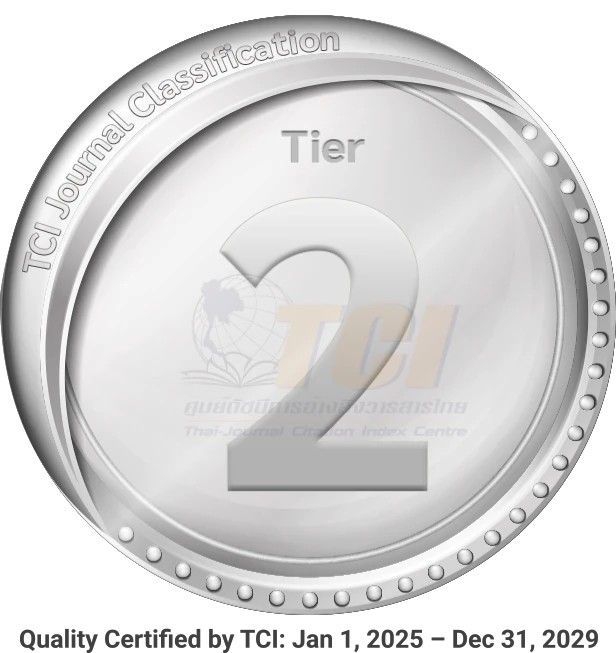Exploring Students’ Attitudes Toward Various English Accents at a Thai Private University
Preferences and Influences of Accents on English Language Learning
Abstract
This study investigated students’ attitudes towards various English accents at a Thai private university by studying their preferences and how these accents affect their English language learning. Seven accents in the study consisted of those from the inner, the outer, and the expanding circles, representing the United States, the United Kingdom, Australia, the Philippines, India, Thailand and China respectively. A mixed-methods research design with a questionnaire and a semi-structured interview were the instruments used in this study. With the random sampling method, ninety-nine undergraduates of the Department of English for International Business English Communication [IBEC] at a Thai private University were questionnaire respondents on five attitudinal perspectives: likeness, intelligibility, acceptability, preference and prestige. Twelve participants, through convenience sampling, participated in the semi-structured interviews conducted with seven prompt questions. Quantitative data were statistically analyzed in frequency and percentage, while the qualitative data underwent content analysis according to Lichtman’s three Cs of data analysis technique. The findings for Research Question 1 of the study showed that the students’ three topmost preferred accents were British, American and Thai English, respectively based on likeness, intelligibility, acceptability, preference and prestige. In addition, students could accept accents other than the standard native speaker English. They would accept different varieties of English accents as long as they could communicate easily with them. The study also reported students’ willingness to learn many accents to ease global communication, education success and career standing. The various English accents did not negatively affect the students. For Research Question 2 on the effects of these accents on their English language learning, it was found that their motivation could be enhanced by the British and American accents. For conversation and interaction, they felt more comfortable with the British and American accents. For willingness for improvement, they chose American and Thai accents, while for familiarity, students ranked American and Thai accents higher than others. Therefore, it is recommended that teachers of English be aware of why students prefer certain accents more than others although they have positive attitudes towards all accents and do not look at native speaker of English as superior to other varieties.




